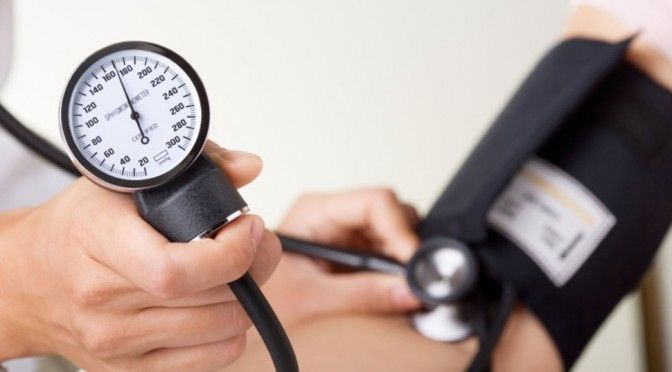
Manage High Blood Pressure
As the first step, stop whipping your body with stimulants such as coffee, tobacco, and alcohol. Along with managing stress and losing weight, one needs to follow dietary corrections comprising foods that help keep your blood pressure in check.
Manage High Blood Pressure
Eat more fruits and vegetables
Fruits concentrated with potassium, vitamin C, sodium, and loads of soluble fiber are blood pressure lowering agents.
Garlic
Garlic is known as a vasodilator. It dilates blood vessels and lowers blood pressure. It contains adenosine, a compound that promotes vasodilatation while acting as a muscle relaxant. Raw and cooked garlic has many benefits for people suffering from high blood pressure. However, raw garlic is more potent and hence proves to be more beneficial.
Wheat grass juice
This proves to be the elixir for those suffering from hypertension, as it is a rich source of magnesium and potassium Once you start getting enough magnesium and potassium, you can actually cut down on the dosage of your medicine. In addition, Wheat grass juice will cleanse and nourish your body, and work wonders on your immune system.
Celery
This vegetable is widely used in Chinese medicine to lower blood pressure when used continuously for a couple of months.
Fish
Fish oils are known to keep a lid on blood pressure. Thanks to the Omega-3 fats in it. If you are taking blood pressure lowering medication, then consuming fish like mackerel (bangda), Tuna and Surmai at least thrice a week will help you reduce your daily dosage.
Eat less salt
You don’t have to embark on a no-salt diet. Sodium restriction may help only if you are salt sensitive. Adding minerals like magnesium, calcium and potassium, and losing weight will make a substantial difference. Instead of going to extremes, you can eat less salt along with the other alterations.
Avoid sugar
Sugar raises insulin levels, and high blood levels of insulin often accompany high blood pressure.
Stop smoking
Tobacco directly affects blood pressure. It increases clot formation and risk of precipitating a heart attack or stroke.
Potassium for reducing BP
Introduce potassium to your diet and watch your blood pressure come down. A lack of it can lead to increased sodium retention, calcium loss and raise blood pressure. Potassium helps normalize blood pressure by relaxing the blood vessels and helping the body to get rid of the excess water and salt.
Sources of potassium
Fruits such as banana, papaya, watermelon, muskmelon and peaches. Potatoes, tomatoes, oranges, spinach, skimmed milk, soybeans, almonds, whole grains, pulses and freshly prepared vegetable juices are excellent sources. People suffering from hypertension along with poor kidneys need to control their potassium intake as per their physician’s advice.
Calcium
Experts believe that hypertension is more likely due to a deficiency of calcium rather than due to excess sodium. Consuming adequate amounts of calcium-rich foods like milk, curds, spinach, leafy vegetables, whole kabuli channa, methi, jowar, bajra and nachni can neutralize the hypertensive effect of eating more sodium.
Magnesium
Magnesium deficiency is yet another cause behind high blood pressure. Most people need a daily dosage of about 300-400 mg to keep their BP in check. Natural sources of magnesium include nuts, whole grains, wheat bran, leafy vegetables, etc.
Mild exercise such as 30-40 minutes of walking
Walking is the ideal exercise for hypertensive people. Lose weight if you are overweight as weight loss has an almost immediate effect on controlling blood pressure.
While some people may require medication to keep their blood pressure under control, most can lower it through changes in diet and lifestyle. Losing weight, consuming specific vitamins, and minerals and proper stress management helps to combat hypertension. Any drug that you take has direct bearing on your state of health. So, why not reduce your need for drugs by making wise food and lifestyle changes?
